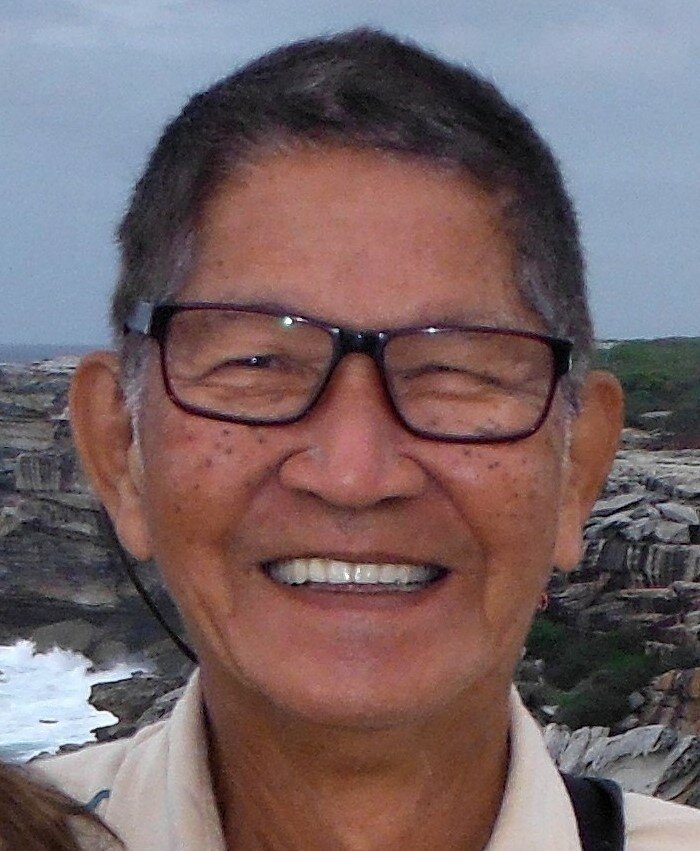Tales from the Flipside’s Sa Dakong Kawala
By Luisito Valderamos Queano
Toronto-Canada
February 27, 2020

The stage reading of protest and advocacy play “Sa Dakong kawala ” brought to light the truths about the dark days of Philippines’ martial law. Originally written for radio by Montreal-based multidisciplinary and spoken word artist, Riley Palanca, the satiric comedy depicts and recalls the abuses and realities of Marcos Martial law regime, seen in the context of present struggles and with parallel references to situations, including those of Marawi under the de-facto martial law of the Duterte administration. The play reading was directed by avant-garde experimental, “out-of-the box” Director Edber Mamisao, a former student and trainee of the iconic American mentor, Judith Weston.
In a short span of only three rehearsals before the actual stage performance, Edber Mamisao and his amazingly talented cast created a powerful rendering, even if only read, of Riley Palanca’s “Sa Dakong Kawala.” The cast, all with musical background and talents, were, needless to say, quite inspired as they render a drama narrative in comic satire form of current Philippine realities rooted in the unforgotten theme of oppression and abuses which trace back to the Marcos martial law years.
Kevin Feliciano and Chad Sabado, the duo of the Fallover R&B group, played the roles as activist lovers, surely drawing laughter and excitement, each time, from the Filipino Canadian audience. Renelle Aquino and Eileen Valenzuela played the roles of “taumbayan” being pursued by desaparecidos (forced disappearances), caricatured as zombies in Palanca’s satiric play.
Six Filipino plays were read during the festival of Filipino plays at “Tales from the Flipside,” which ran from Feb 13- 16 organized by Leon Aureus, artistic director of Carlos Bulosan Theatre at Theatre Muraille’s Backspace. Sa Dakong Kawala was read in Tagalog but Director Mamisao had English subtitle captions projected on the wall of the theatre.
There is a great deal in “Sa Dakong kawala ” to think about, and a great deal to feel scene by scene. One can question the inclusion of Mao and Castro as dictators in the second act of the play. Palanca perhaps meant them as dictators of the proletariat. But in the company of Hitler, Mussolini and Marcos? Interestingly, this is an invite to a lengthy discussion from the progressives.
The play’s message is well articulated and performed, that is, when history is attacked by revisionists, when the victims of fascist dictators are forgotten, and the horrors of the past return to haunt the present, theatre serves to remind the Filipinos to act, strategize, and continue the struggle for a long-wished for just and lasting peace and a good life for all.
